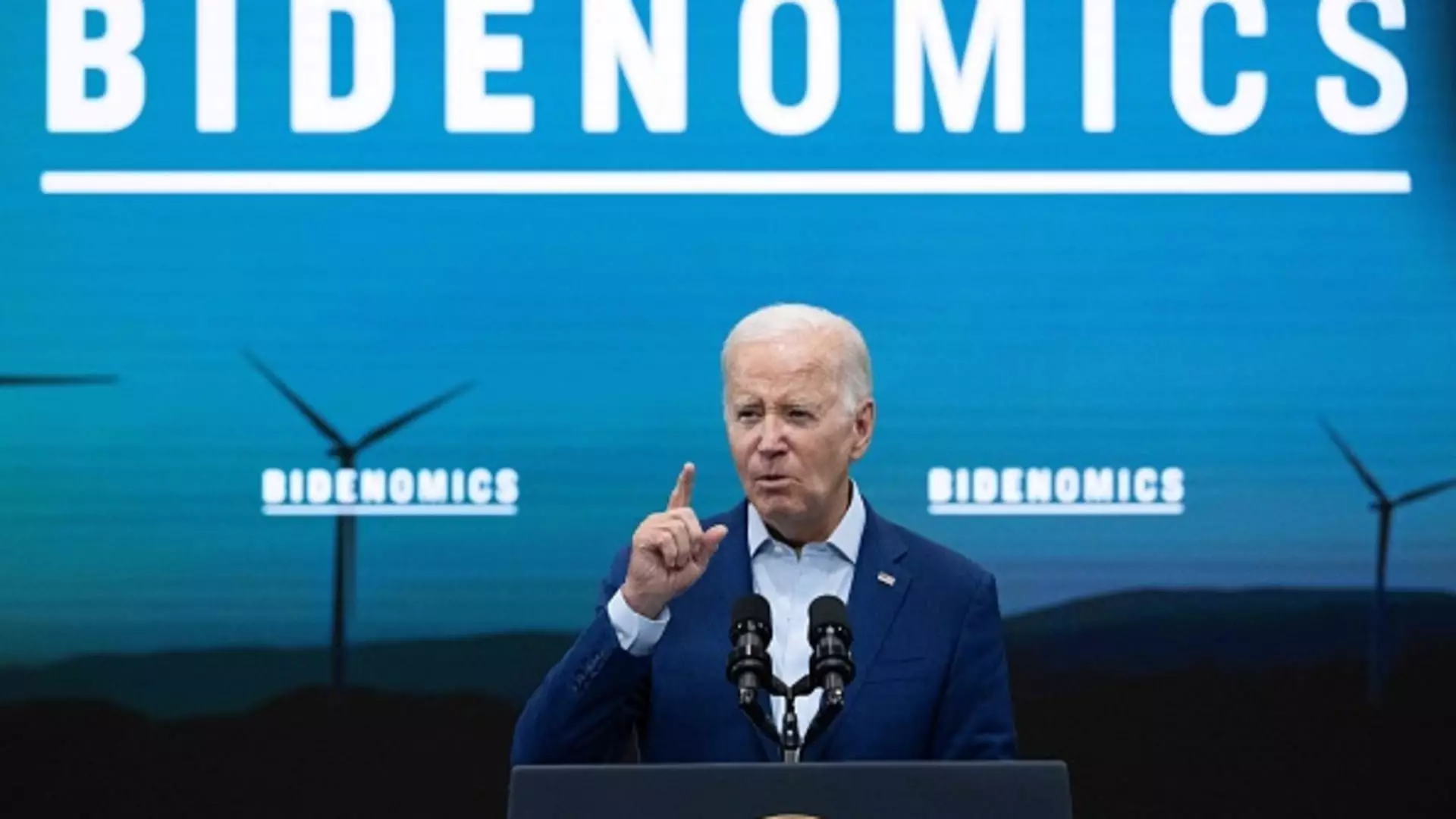The recent release of the consumer price index for July, which showed a small rise in inflation compared to the previous month, has led to renewed discussions about the state of the U.S. economy. President Joe Biden, however, remains optimistic, emphasizing that the 3.2% annual inflation rate is just one component of a more comprehensive economic picture. This article delves into the broader context of the U.S. economic strength and explores the potential implications of a “soft landing” without a recession.
While the current inflation rate of 3.2% is slightly higher than June’s figure of 3.0%, it falls below the estimates of some analysts who predicted a higher rate of 3.3%. Critics argue that this indicates a slower-than-expected recovery, but President Biden counters by highlighting the significant progress made since the previous summer, when inflation rates were soaring. In fact, annual inflation has decreased by approximately two-thirds since then, a substantial achievement.
President Biden contends that these inflation figures do not tell the whole story. He underlines that the U.S. economy has maintained its overall strength, with unemployment rates remaining near 50-year lows. This resilience amidst inflationary pressures is a reassuring sign for the Biden administration. A stable labor market, combined with moderate inflation rates, forms the foundation for a potential “soft landing” scenario, whereby the economy avoids a recession.
For President Biden, a “soft landing” would be a significant boost to his chances of reelection. It would also pose a challenge for Republicans who have relied on criticizing his handling of high prices as a key point of contention. During a recent speech in New Mexico, the president even joked about his opponents’ constant search for new issues to attack him on. Nevertheless, despite the positive economic indicators, Biden’s approval ratings on his handling of the economy have remained stagnant in the low 30s.
Looking Ahead
As the 2024 election draws nearer, it remains uncertain whether the strong economic fundamentals will mirror increased support for President Biden. The connection between economic performance and political approval is complex and influenced by numerous factors. Understanding these dynamics will be crucial for the president and his administration as they navigate the coming months, seeking to translate economic progress into public support.
The recent inflation figures may have sparked renewed discussions about the state of the U.S. economy, but President Biden maintains that they should be interpreted within the broader context of economic strength. With annual inflation decreasing significantly since last summer and unemployment rates remaining low, the potential for a “soft landing” without a recession is becoming increasingly plausible. However, the political implications of these positive economic indicators remain uncertain, as evidenced by President Biden’s approval ratings on his handling of the economy. As the 2024 election approaches, it will be crucial for the administration to effectively communicate the progress made and persuade the public that the broader economic strength will translate into their own financial well-being. Only time will tell whether economic resilience will result in political dividends for President Biden.

Leave a Reply